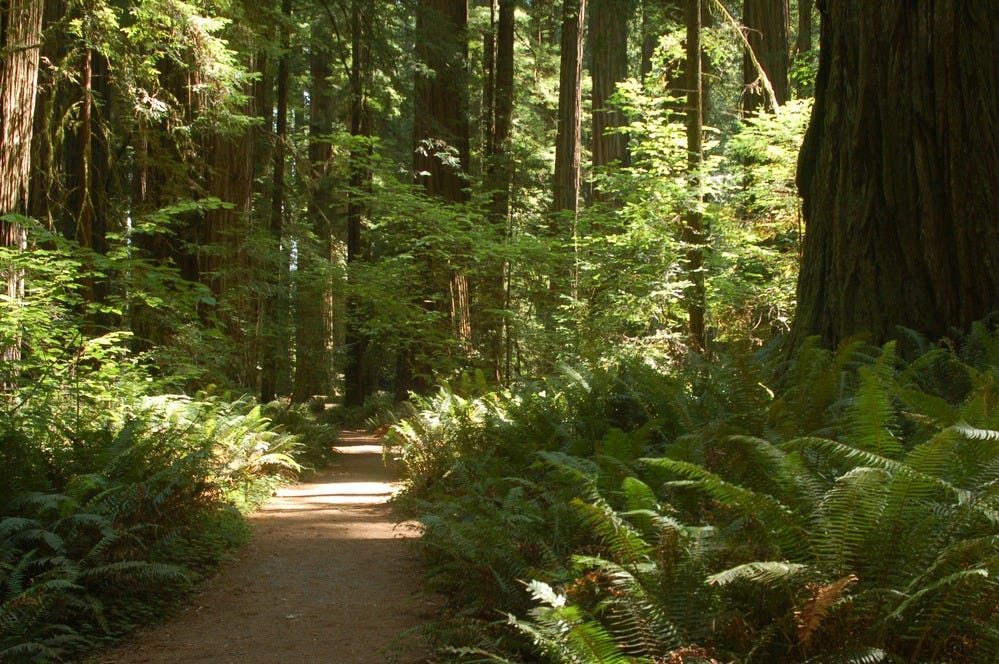“We struggle with this on a daily basis, how to convey the feeling of it, because it’s not just the math,” said Patrick Taylor, interpretation and education manager for the National Park Service at Redwood. “You almost lose that scale though when you’re in it, because when you’re under a tree that’s over 200-300 feet tall and you look up, you can’t see anywhere near the top of it.”
Here’s what travelers can see and expect at Redwood, the latest national park in USA TODAY’s yearlong series.
Answers to your biggest park questions: What is the most visited national park in the US?
What is special about Redwood?
“It always starts with the trees,” Taylor said. “Coming to the tallest trees in the world is kind of a very specific thing that people like to say they’ve done.”
Seeing the trees leaves some visitors speechless.
“One of the things we’ve noticed is when people go into the groves, when they get out of their cars, everybody’s really happy and chatty,” Taylor said. “Then as they walk down into the old-growth groves, there’s like the silence that often falls over everybody, and it’s almost like a reverential spiritual experience for many people. … It’s not like anywhere else they’ve been.”
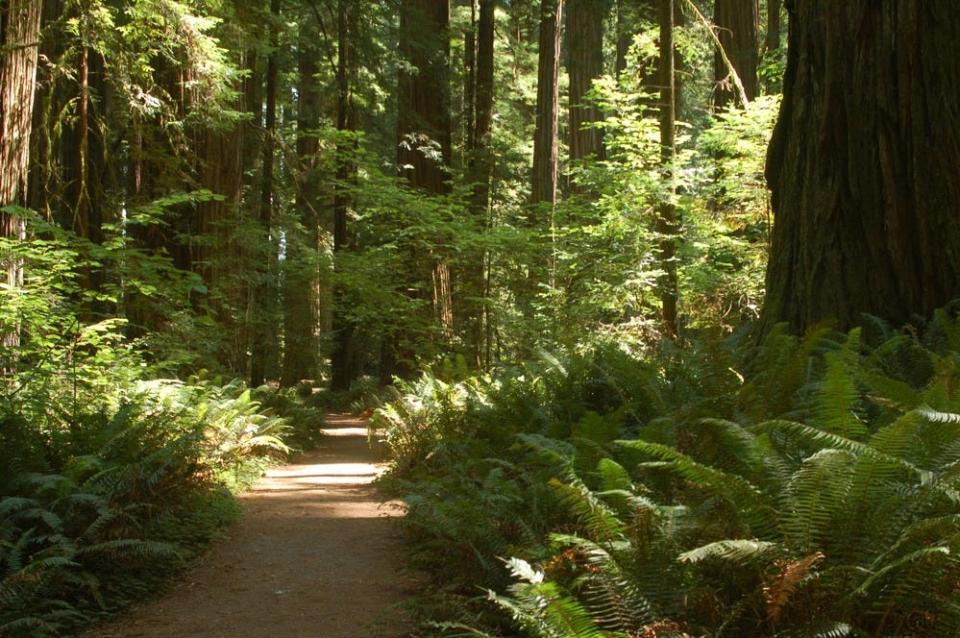
Is one day enough for Redwood National Park?
“If you had one full day here, you would have an amazing day,” Taylor said. “It would leave you longing for more, but not necessarily frustrated that you didn’t get to see any of it.”
Two or three days in the park give visitors time to explore its other offerings.
“A saying that a lot of times the locals use around here is that you come for the trees, but you stay for the river, you stay for the ocean,” Taylor said.
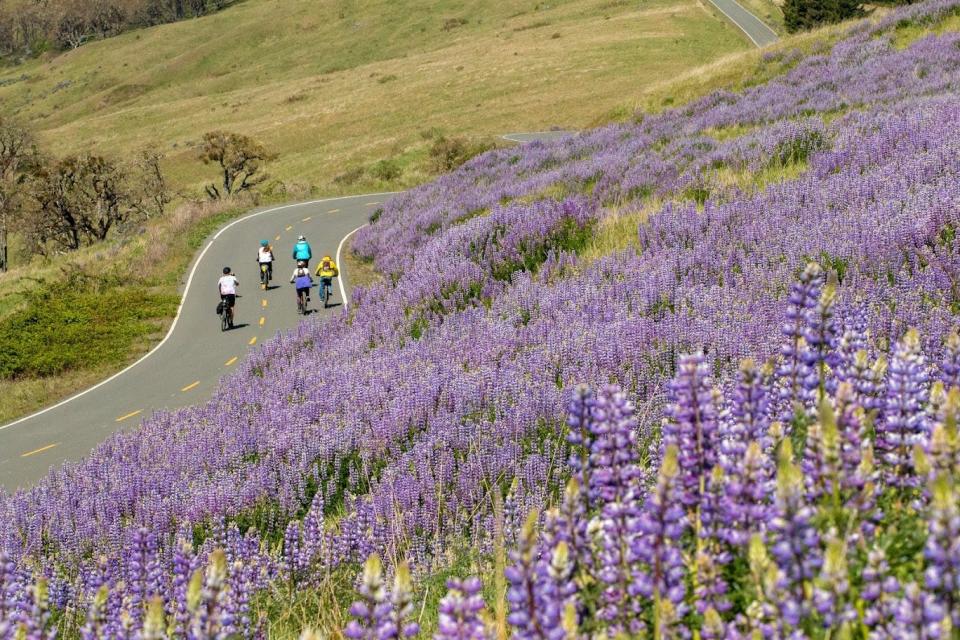

What is the closest city to Redwood National Park?
“Eureka, California, is often what we cite as our close kind of metropolitan area,” Taylor said. “It has a regional airport and all the hotels and everything somebody would need if they were coming up here for vacation.”
It’s about 40 miles from the park.
“Moving out a little further, Medford, Oregon, is about 2½ hours from the park. It has a little bit bigger airport.”
Santa Rosa, California, is about four hours away by car. Many travelers may choose to fly into the Bay Area and make a trip of it, visiting multiple parks.
“For a lot of people, this is a bucket list destination,” Taylor said.
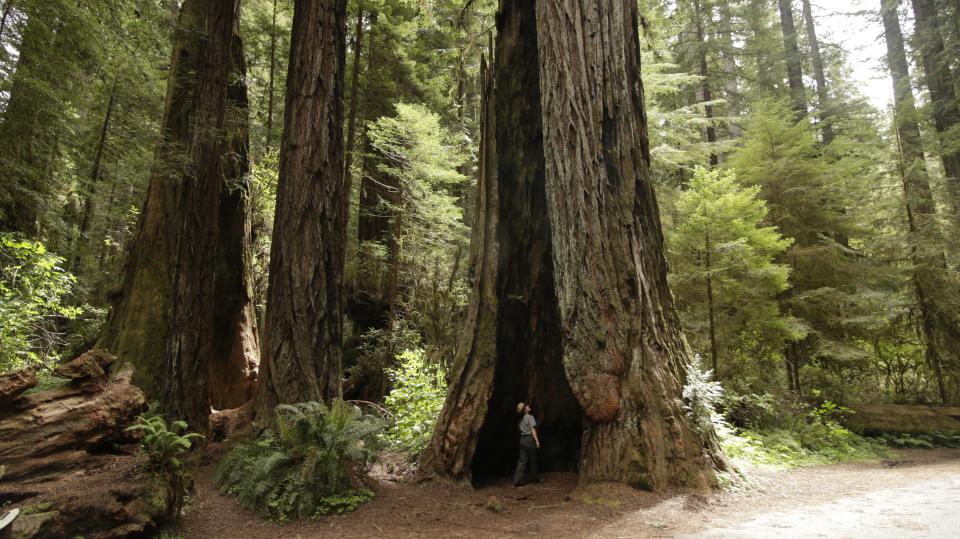

Where is the best place to see the giant redwoods?
“As I talk to everybody, it almost seems like the best redwood groves are whatever redwood groves people see first,” Taylor said.
For him, that place was Stout Memorial Grove.
“It was just like stepping into another world,” he recalled. ”Intellectually, you know it exists, but once you’re there, it just kind of changes your perspective and understanding of what nature is really like.”
He said Stout Grove is also a great stop for first-timers and families because it doesn’t require a lot of hiking. “You’re just kind of right in it, right away.”
Dozens of California state parks also have redwoods, but Taylor said the largest contiguous stretches of old-growth redwoods are to the far north, in places like Redwood, which is jointly managed by the National Park Service and the state of California.
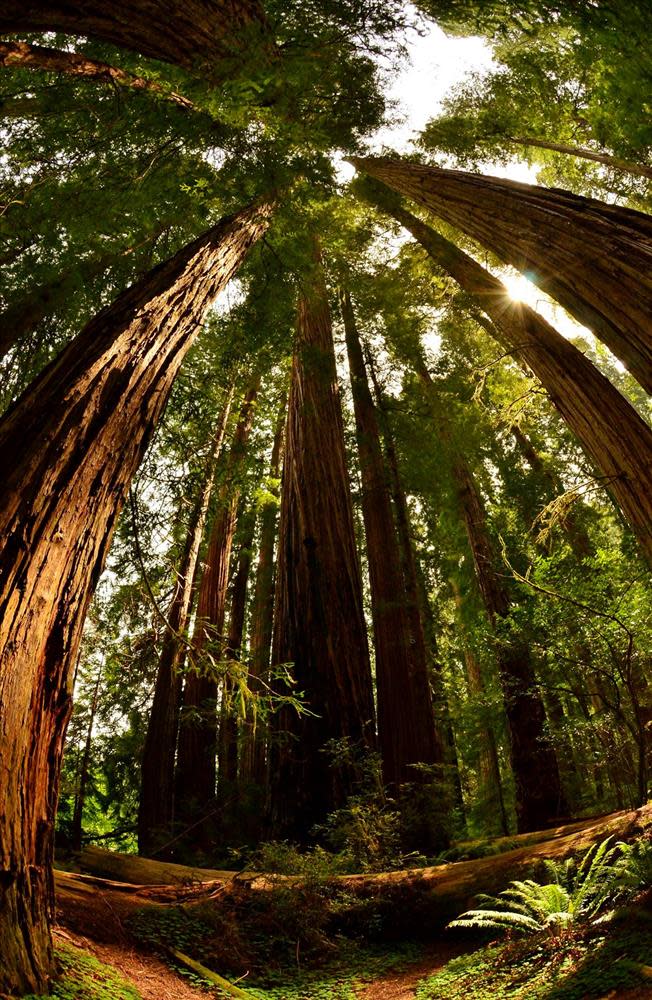

Why are redwoods only in California?
Technically, they’re not.
“There’s a spot just over the Oregon border that does have a very small coastal redwood grove,” Taylor said. “But like 99.999% are in California.”
He noted redwoods used to stretch farther up and down the coast, but environmental factors and commercial logging have taken a toll, and there are only so many places the trees can grow.
“Coastal redwoods, they get a lot of the moisture they need in the summer months from fog, not just from the ground. So for them to survive, they really need to be in spots where there’s a heavy kind of daily fog that rolls in off the coast. They’re not able to move inland very far.”
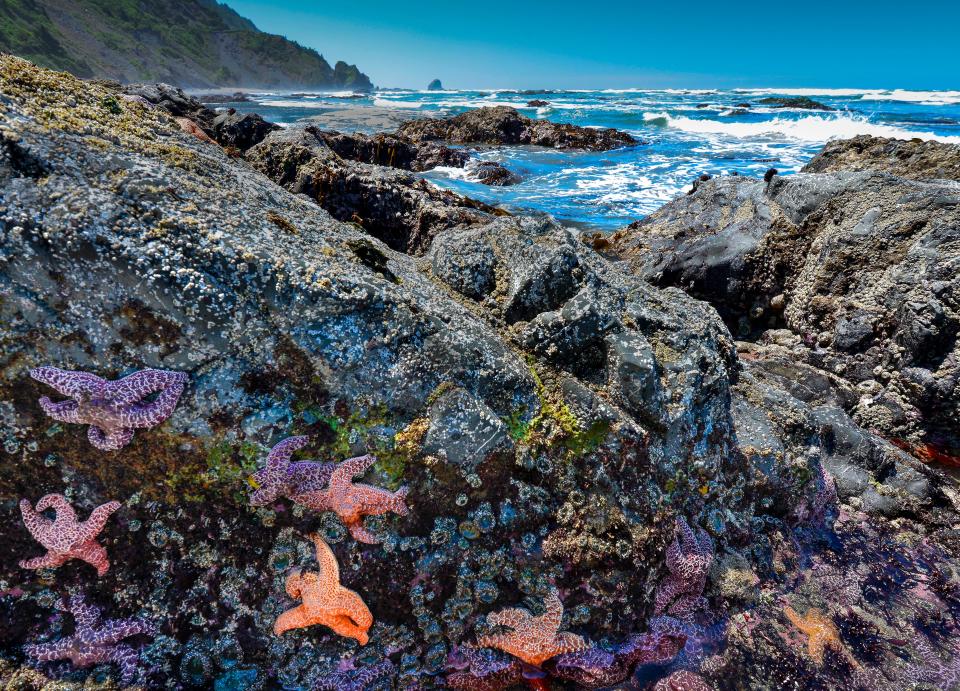

Is it worth going to Redwood National Park?
Yes.
“It doesn’t get old,” Tayor said. “Even staff that have worked here for 30 years, as soon as they step outside, you can just see it’s like breathing life back into them.”
Story continues below.
Which is better: Sequoia or Redwood National Park?
“They’re basically siblings, and so it’s like comparing your kids,” Taylor said. “You love them both for slightly different reasons.”
He explained that giant sequoias tend to have more volume to them.
“So they’re bigger in the sense that they usually have a wider base, and they don’t taper off as fast,” he said. “The coastal redwoods are usually a little taller and a little more slender.”
He also noted that redwoods are more communal trees.
“It’s rare when you can see an amazing coastal redwood just kind of standing by itself,” Taylor said. “For them to get big and tall and healthy, they almost have to have a whole bunch of neighbors helping support each other because their roots intertwine, and they literally anchor each other to the ground. Whereas the sequoia trees, they also need a healthy ecosystem around them, of course, but like General Sherman, it’s kind of this big stand-alone tree.”
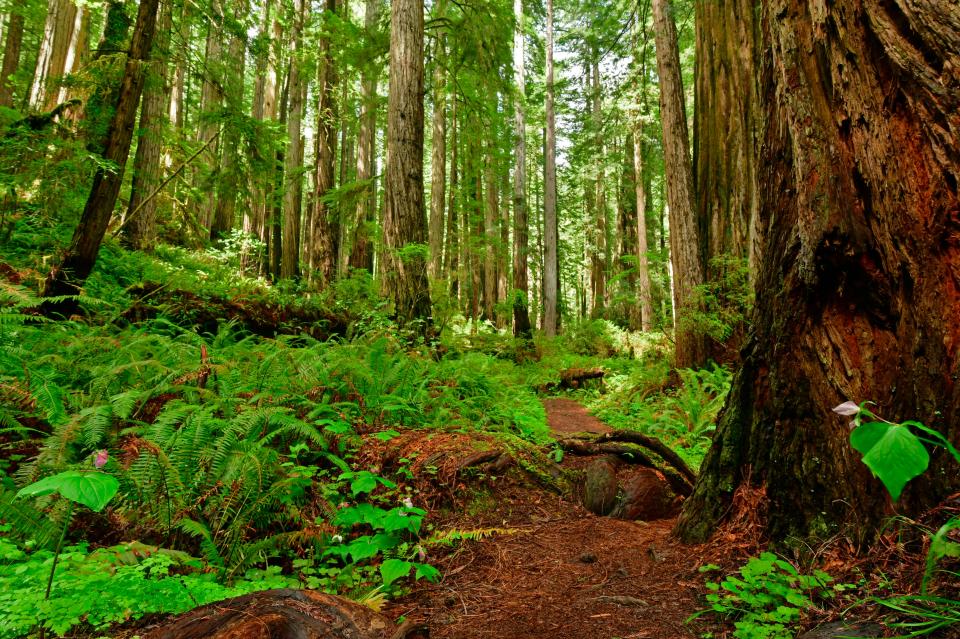

Which Native American tribes lived in the redwoods?
Seven federally recognized tribes are tied to the park.
Redwood has partnered with tribes for years.
“We’ve recognized that even the old-growth systems that we consider were unmanipulated and unmaintained and completely natural hadn’t been that way for thousands and thousands of years. There have been traditional fires, traditional burns and other ways they had been working with the forest,” Taylor said. “And so more and more we’re working with our partners and having the partners lead, in many cases, how we do these restoration efforts.”
The park also partners with the state and Save the Redwoods League.
This article originally appeared on USA TODAY: Redwood National Park is not like anywhere else you’ve been
